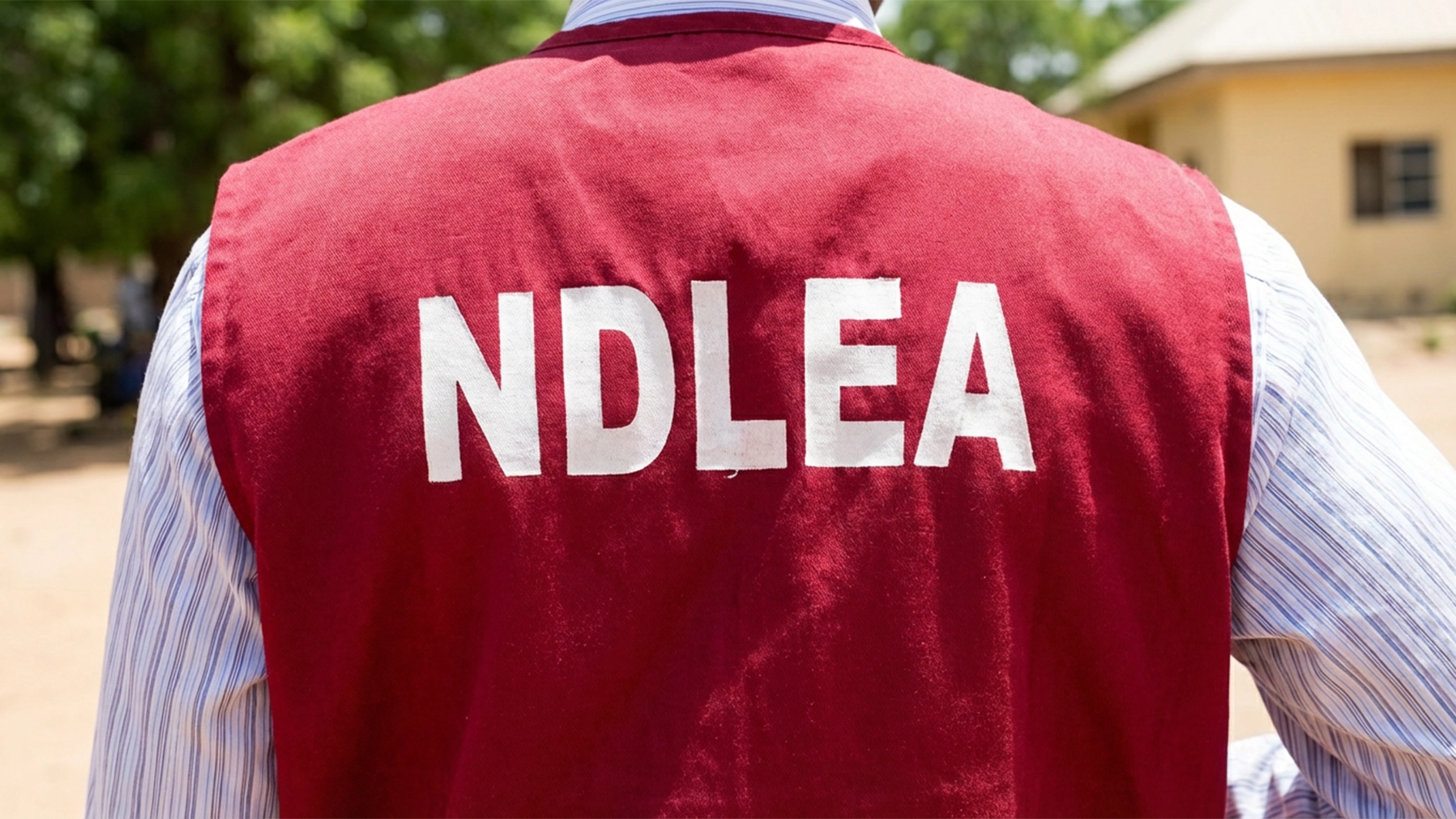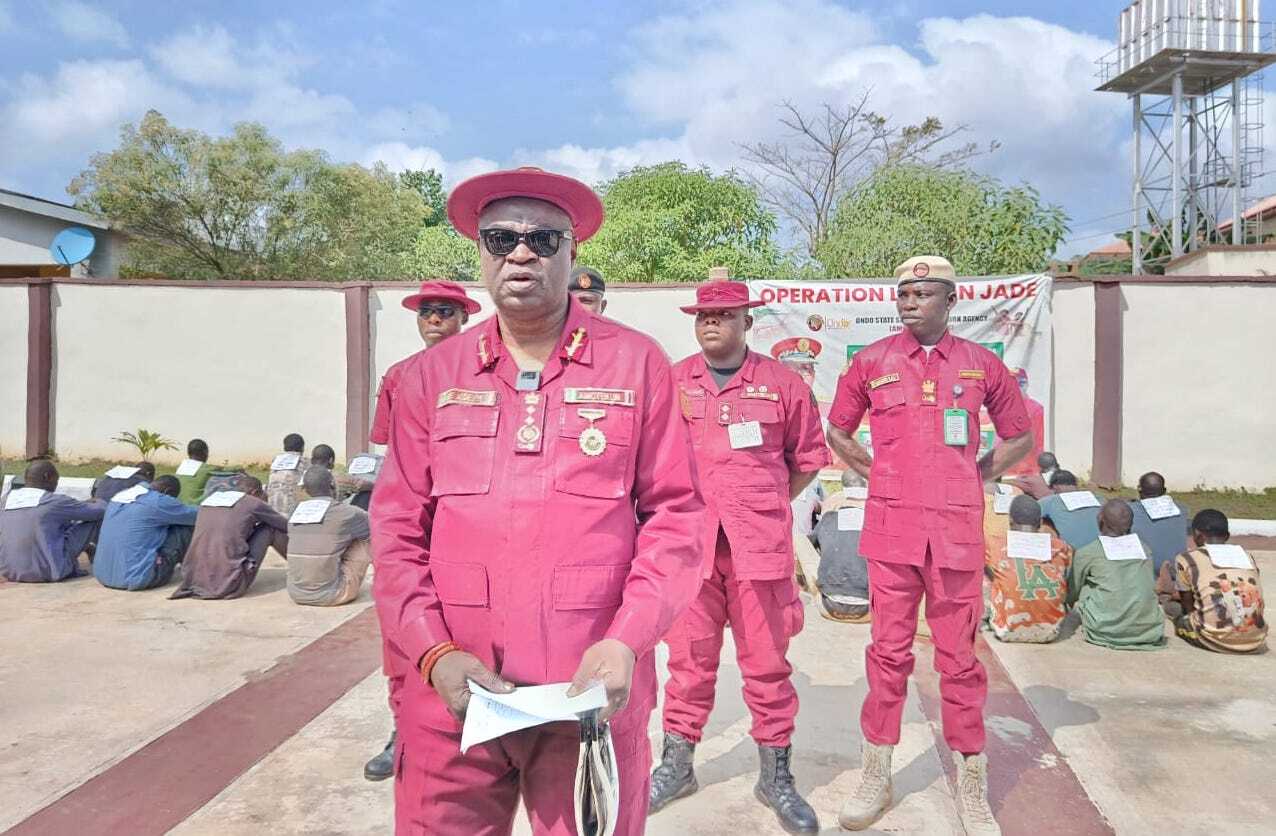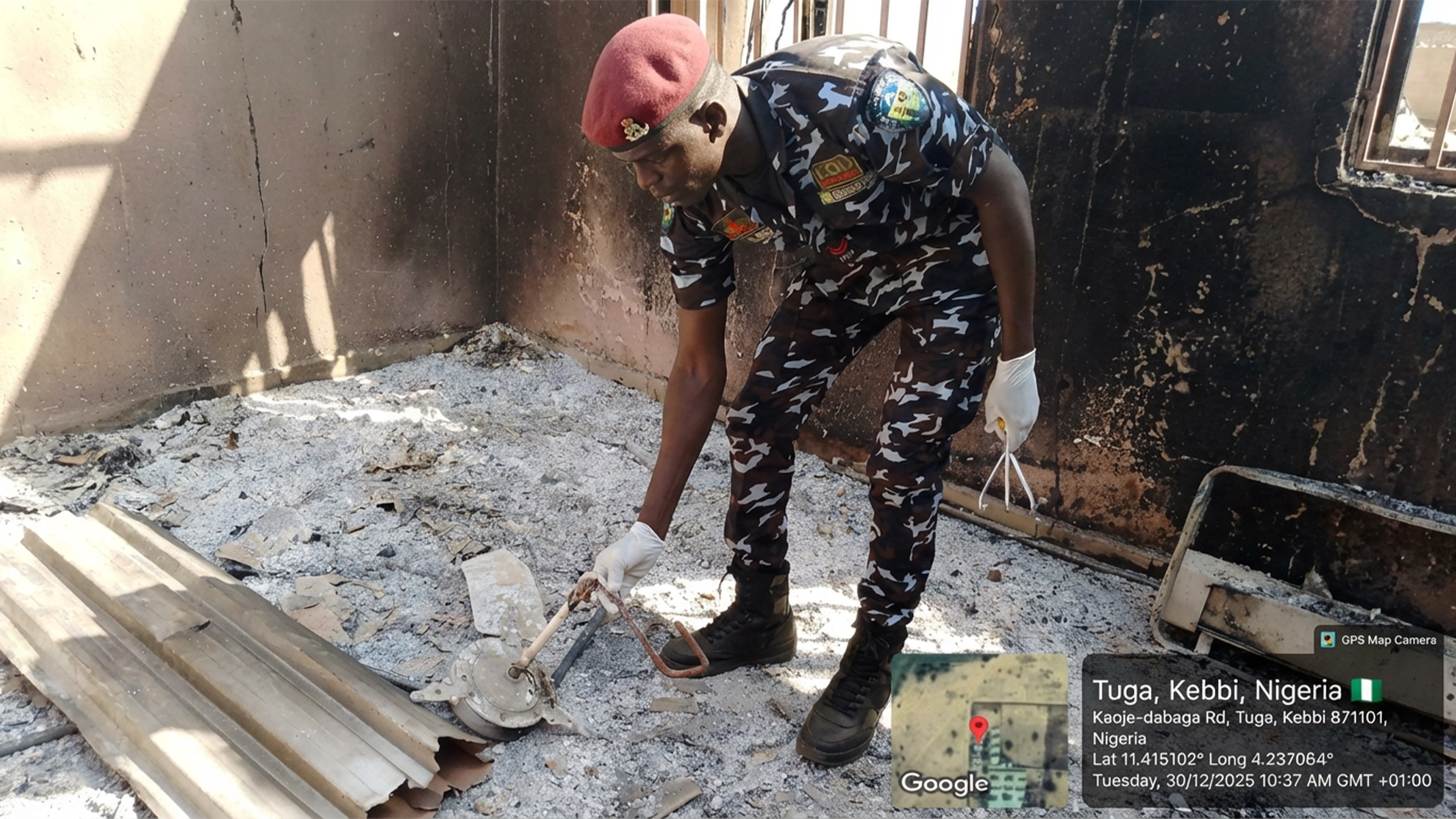A non-profit, non-governmental charity organisation with headquarters in New Hampshire, USA, Tilova for Africa, has expressed concern over the increasing cases of mental health conditions in Nigeria.
Co-founder of the group, Martin Nwabueze, urged the government to address the challenge through a combination of individuals, community, and systemic interventions.
Such interventions, he said, should include education and awareness, early intervention, community support, improved access to medical care, reduced stigma and discrimination, inclusive policies to address ignorance/illiteracy, inequality, safe and supportive environments, creation of employment or work force development and general poverty alleviation, among others.
Nwabueze urged the government to integrate mental health into broader public health strategies and promote mental well-being as a fundamental aspect of overall health.
He noted that although Nigeria had made efforts to address the mental health crisis through legislation like the Mental Health Act of 2021, which aims to improve services and protect the rights of people with mental health conditions, there is still much to be done.
Nwabueze, a pharmacist, said: “It is crucial to improve the lives of Nigerians, particularly their mental well-being. A large portion of the Nigerian population is affected by various mental health conditions. In fact, it is estimated that about one in four Nigerians experience a mental health challenge.
“Unfortunately, access to adequate care and treatment is a significant problem. There is a shortage of mental health experts in the country. ”
“Hospitals lack equipment and many health professionals have left the shores of Nigeria because of poor remuneration and work environment.
“There is also the issue of stigma. Due to ignorance, individuals with mental health issues are often stigmatised and may not seek help or disclose their condition, worsening their problems. This stigma is a significant barrier to mental health care in Nigeria.”
Nwabueze highlighted the broader context of the country’s challenges, including poverty, insecurity and lack of basic necessities.
He said the struggles faced by farmers, women, and children, as well as the prevalence of violence and crime, contribute to mental health problems.
Nwabueze emphasised the urgent need for the government to address the issues and integrate mental health into public health strategies.
He stressed the importance of promoting mental well-being as a fundamental aspect of overall health.
“There is the pathetic story of a man whose wife and daughter were raped by bandits in his presence in his farm. A couple, Mr Onya Oko and Mrs Ngozi Onya, were killed in their farm at Amata in Oziza Afikpo South Local Council of Ebonyi State not long ago.
“There is also the issue of farmers-herdsmen clashes and land grabbers invasion of communities, maiming and killing residents almost unchallenged. These are enough to cause mental health problems.
“A six-year old boy, whose parents were killed in his presence in his community in Plateau State, saw a police officer and became hysterical and started crying uncontrollably.
“Obviously, he had sustained physical and psychological damage.
“Indeed, many Nigerians are living with mental health conditions, including depression, anxiety and substance abuse. Some people embark on substance abuse out of frustration, helplessness and hopelessness.”
“Living in Nigeria is tough. Inflation is increasing all the time. Electricity supply is irregular; many communities are not even connected to the national grid. Many schools are in deplorable condition. In some schools, pupils sit on bare floors or study under trees. The roads are bad.
“Travelling is a nightmare because you could be kidnapped anytime. Many people have turned betting to a job. All these are the foundation of mental health challenges.
“So, the government should act fast: it should make a conscious effort to reduce poverty and insecurity and integrate mental health into broader public health strategies, as well as promote mental well-being as a fundamental aspect of overall health,” he said.
Nwabueze said that Tilova for Africa is working to empower vulnerable communities and is seeking collaborations to address these pressing issues.






